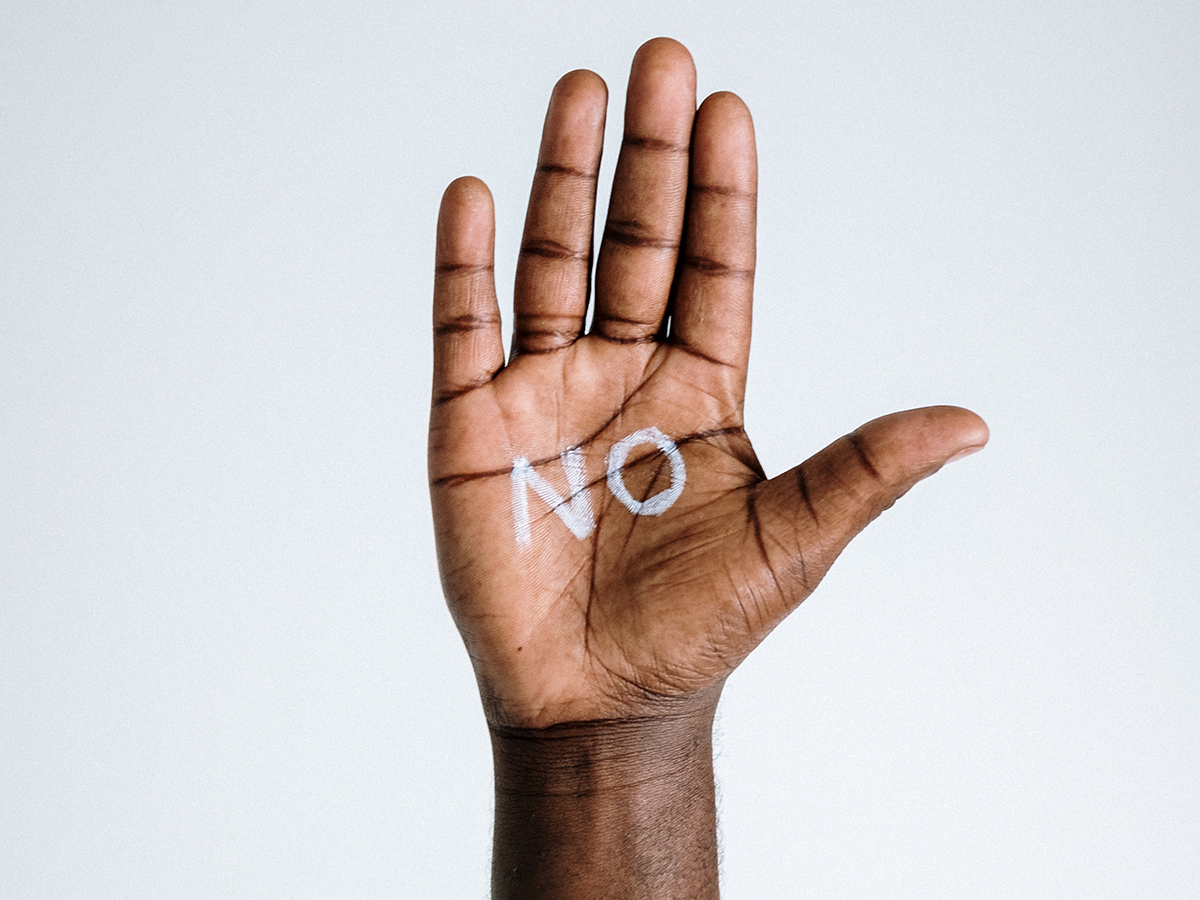
In today’s technologically advanced world, news spreads fast, and for those in the spotlight, every aspect of their lives are subject to public scrutiny. Whether big or small, many celebrities, from A-listers to D-listers, have fallen victim to the recent “cancel culture” movement. A relatively new popular concept, cancel culture is essentially the practice of shunning someone who has been accused of some type of negative action.
Though there have been some examples where cancel culture was used effectively, there are also many instances where celebrities make everyday mistakes but are subject to so much public scrutiny, that they are burdened with the difficult task of having to always be perfect. With the rise of social media apps, most recently TikTok, many younger individuals have been finding success by starting their careers as early as middle school.
One of the so-called pioneers of TikTok, Charli D’Amelio, started her social media journey at the age of 15 and only recently became an 18-year-old adult. Through her journey, Charli has definitely faced a lot of backlash, even acknowledging that it gets difficult to constantly see online hate. She has explained that she has read comments telling her to “kill herself,” among other profane things that should never be said to anyone, let alone a young teen. Many individuals feel comfortable speaking this way due to the anonymity of the internet, and oftentimes, this type of backlash and canceling forces individuals to lose deals and partnerships.
Most recently, the case of Johnny Depp vs. Amber Heard has caught national attention as Depp is attempting to clear his name from abuse accusations from Heard. For a recap, the case of Depp began in 2016 when Heard accused him of physically assaulting her and threatening her life. In the turbulent times of Harvey Weinstein and other huge industry moguls taking advantage of women, Depp was immediately ostracized by the public and dropped from many of his major contracts. Dropping the biggest toll, Disney also parted ways with Depp in an attempt to keep him away from harming their image, while Dior single-handedly backed Depp.
Fast-forwarding to the current on-going case, the major design-wear company has been receiving praise over various social platforms for their undying support to Mr. Depp, but that praise is the very issue with the concept of “cancel culture.” For an extended period of time, the name “Johnny Depp” left a sour taste in people’s mouths, and many expressed their disgust and their disbelief that he could possibly be the victim. His various pleas for an opportunity to explain himself were met with automatic distrust, and only now, six years later, is he having a fair chance to receive justice. Once the case got started, Depp felt the other end of things, receiving support both in person and online. Though there has been an overwhelming amount of evidence presented that seems to prove Depp to be the victim of defamation, the case still has not reached an end, in the court at least. As far as social media goes, many have already decided on the case, with Heard facing an unprecedented amount of slander.
With the ease of posting, fans have an unreasonable amount of power over celebrities, essentially controlling their careers. The idea of cancel culture being a form of punishment for wrongdoings seems innocent enough, yet when people choose to run with anything they hear instead of taking the time to research, cancel culture becomes dangerous. With smartphones and more social media platforms than ever imaginable, lives can be ruined overnight, and fans must now try to understand how much their voices do matter. It seems fair that someone should be punished for negative actions, but cancel culture is an excuse to act impulsively.
It is understandable to condemn someone who committed some type of crime or wrongdoing, but cancel culture only waters down these punishments as it is used too often. Just like “The Boy Who Cried Wolf,” anytime cancel culture brings about a false “canceling,” it begins to lose its power, becoming a fad and a joke trend. Instead, cancel culture should be canceled, as people should put the same amount of energy into understanding the full story. Society should definitely keep getting involved and using their voices, but they must use them after understanding the whole situation rather than going off one piece of a story.







